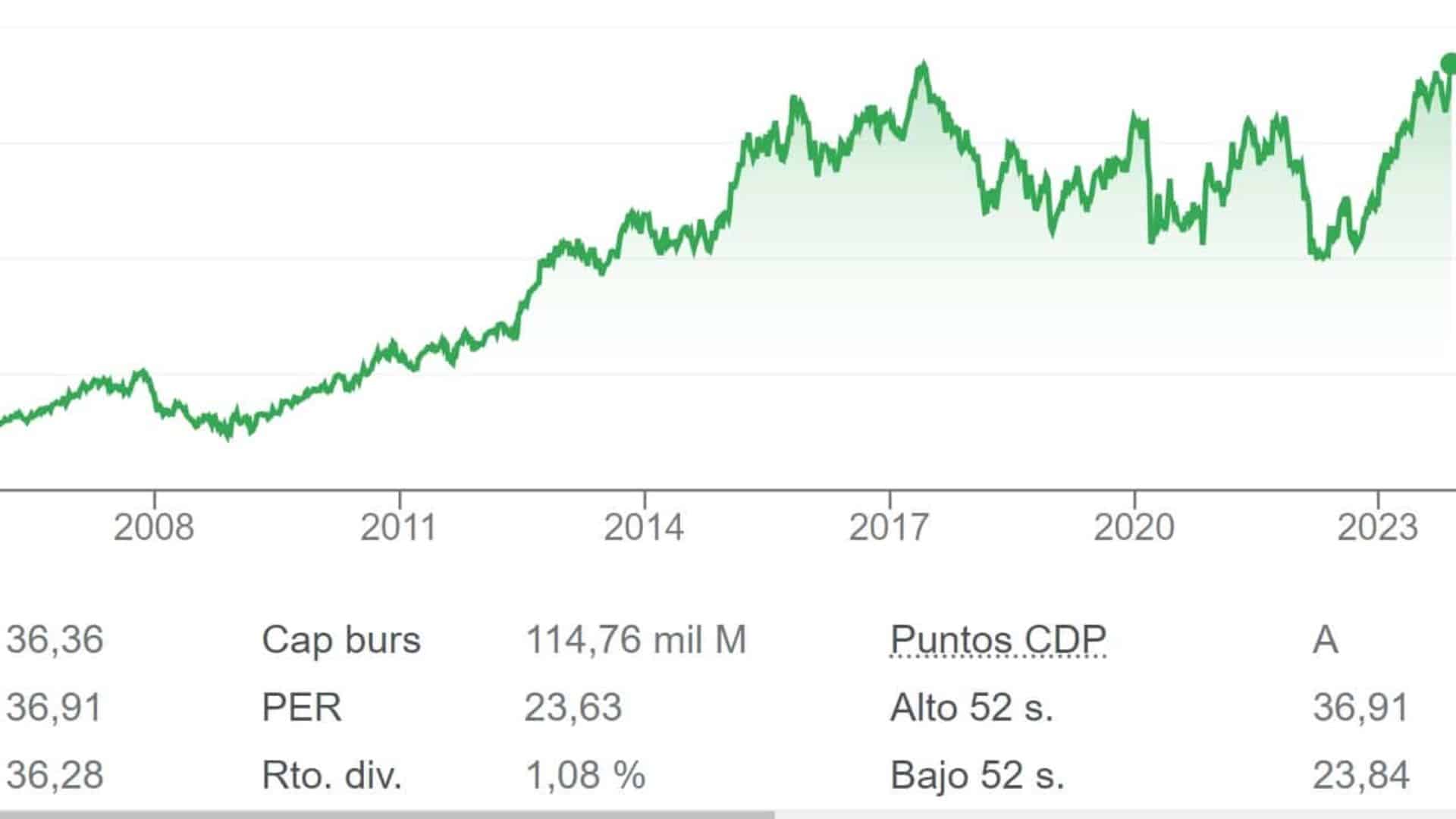
Threads loses user interest after initial rush of registrations
The huge interest in trying out Threads, the alternative that Meta has developed to compete with Twitter, has generated more than 100 million sign-ups in five days but has not translated into stable activity from a large proportion of those users. This is what is suggested by figures from market intelligence company Sensor Tower, which reports a 20% drop in daily users and a 50% drop in time spent on the application shortly after its launch.
These figures are supported by those offered by SimilarWeb, a company dedicated to analytics, which shows a drop of more than 25% in daily active users since the peak of 7 July following its launch. In terms of usage time, the decline is equally similar, showing a drop from 20 minutes to 8 in three days, and Sensor Tower indicates that the figure has fallen from 20 to 10. In any case, this information corresponds exclusively to Android devices because SimilarWeb has not yet calibrated its model for iOS.
When asked by CNBC, two executives from both companies agree that the data shows that the real hard part comes now. Anthony Bartolacci, CEO of Sensor Tower, believes that “it will have to climb uphill to find a place in most users’ routines and will need a more compelling value proposition than just ‘Twitter, but without Elon Musk'”. SimilarWeb information manager David Carr notes that “while there was a lot of initial interest, not all users are in the habit of visiting Threads as frequently as they would other social apps”.
However, Meta’s app enjoys the benefits of the Instagram umbrella, whose 2 billion-plus users are the core constituency it hopes to feed on. And that is substantiated by the fact that, as Insider Intelligence analytics director Jasmine Enberg pointed out, “Meta only needs one in four Instagram users to use Threads monthly for it to be as big as Twitter”.
Data from SensorTower and SimilarWeb show that the Meta app is having moderate success in retaining the attention of those who signed up for it in its early days.
For the moment, the social web giant considers the acceptance of its new proposal to be a success beyond its expectations and now aims to enrich it with new functions, many of them requested by Twitter users who aspire to a similar experience. It remains to be seen whether this improvement process will affect the level of use of the latter, where a certain loss is perceived, at least according to the figures offered by Cloudflare and again SimilarWeb. The former reflects a drop of this platform among the most visited websites in the world and the latter shows a drop of up to 5% in one week, coinciding with the departure of Threads.











